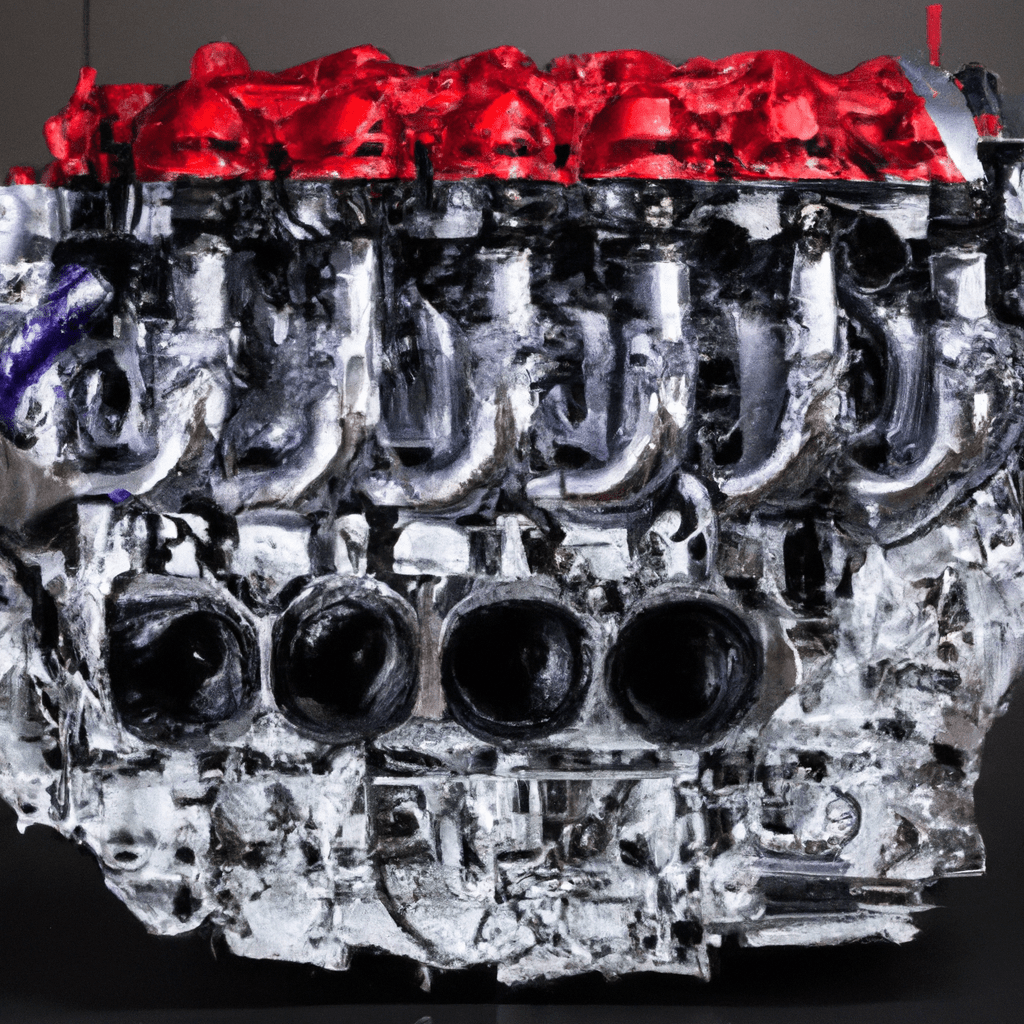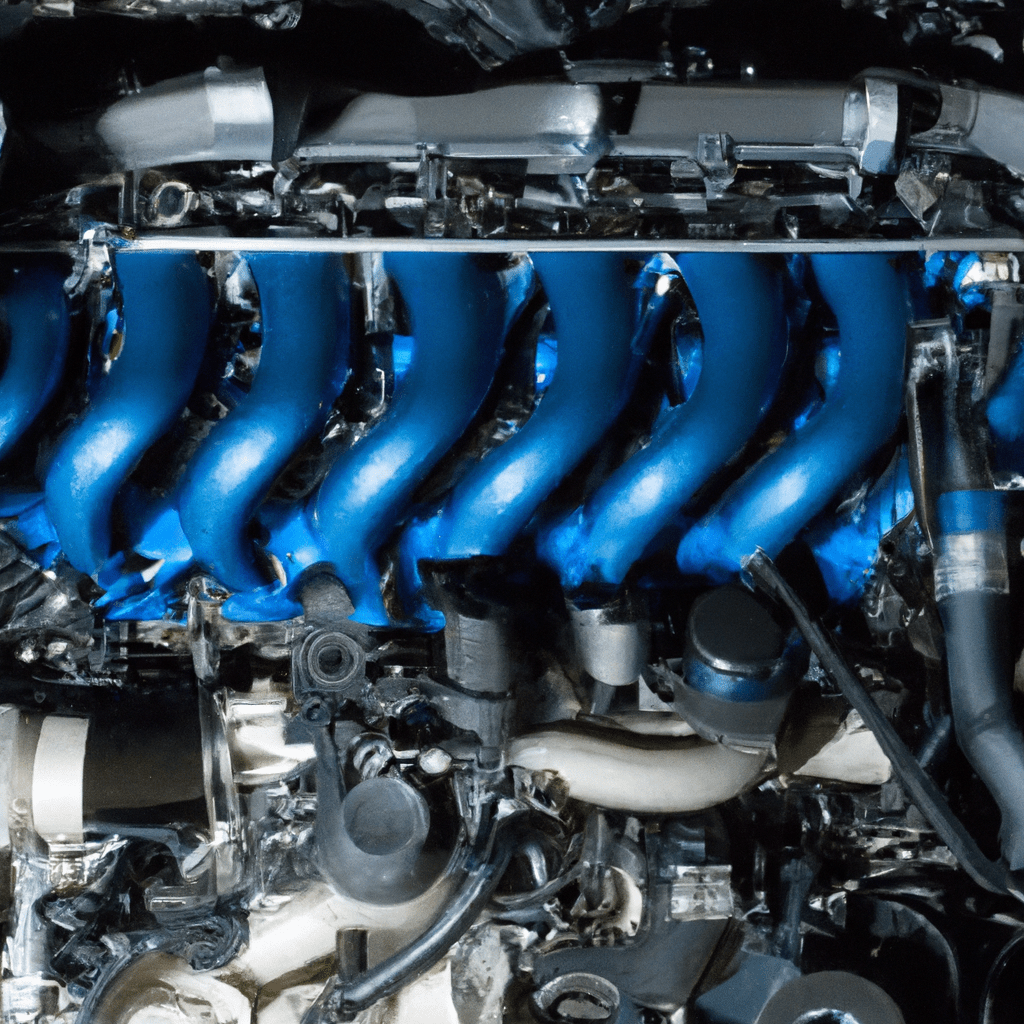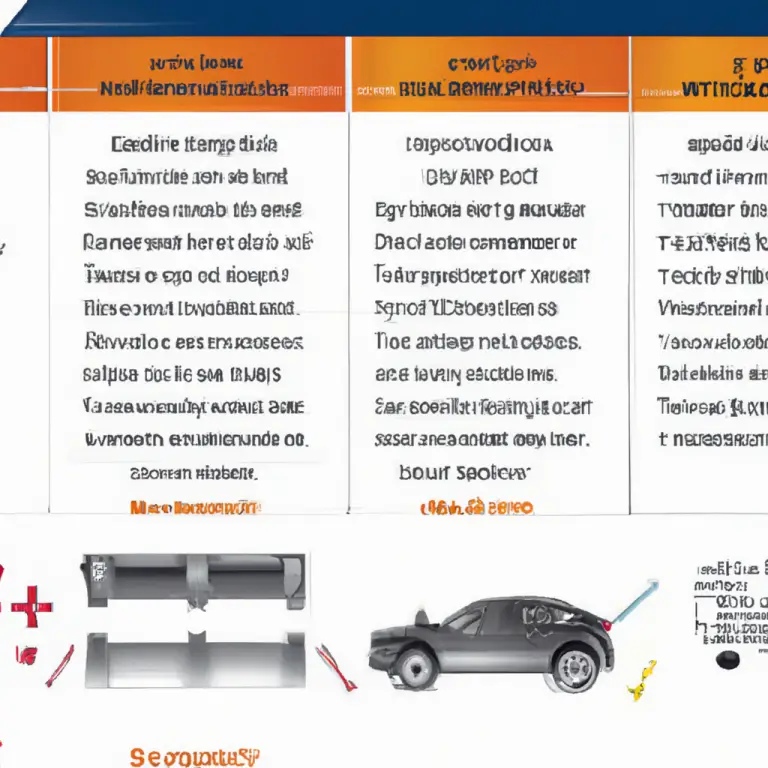Understanding the Lifespan of a 3.5 Ecoboost Engine
In this article, I will provide an in-depth explanation on the lifespan of a 3.5 Ecoboost engine, a topic that has gained significant interest within the automotive community. This engine, recognized for its technical efficiency, is frequently used in Ford models and is heralded for its performance. As we open the hood and venture into the mechanics of this topic, the focus will be on the durability and longevity of this engine, a vital piece of information for prospective buyers and car enthusiasts alike. Additionally, I will use insights and real data to detail how many miles a 3.5 Ecoboost engine can potentially last, a quantifiable aspect that plays a significant role in the overall evaluation of this engine.
Assessing the Quality of 3.5 Ecoboost Engine
The 3.5 Ecoboost engine, manufactured by well-known auto industry giant, Ford, is a feat of engineering. This engine churns high horsepower and provides excellent fuel mileage, justifying its status as an influential contributor to Ford’s range.
A Look at the Specifications
This engine, with its 3496 cubic cm capacity, boasts a dual turbocharger, a direct injection fuel system, and an intercooler, delivering impressive torque and peak performance. Additionally, it offers a power output of approximately 365 to 450 horsepower, depending on the specific model, and torque of up to 350 pounds per foot.
Manufacturer’s Stance on Lifespan
Ford claims that the 3.5L EcoBoost engine could last between 150,000 to 200,000 miles with regular maintenance. However, individual mileage may vary based on driving habits, maintenance routines, and other factors.
Industry Expert Opinions
Many automotive industry experts praise the performance of the 3.5 Ecoboost engine, specifically its output efficiency and fuel economy features. However, they also highlight common mechanical issues that could affect the engine’s longevity, such as carbon buildup and cooling system problems.
Factors that Affect Engine Lifespan
Maintaining the longevity of an engine like the 3.5 Ecoboost depends significantly on several factors such as maintenance practices, driving habits, type of fuel used, and the operating environment.
Maintenance Practices
Consistent maintenance practices, such as regular oil changes, filter replacements, and routine diagnostic checks, are crucial to the engine’s lifespan. Ignoring these can result in significant engine damage and shortened lifespan.
Driving Habits
How you drive your vehicle also affects the engine lifespan. Regularly pushing your vehicle to its limits without the necessary maintenance or using your vehicle for short trips frequently, preventing the engine from reaching its optimal temperature, can adversely affect the engine.
Type of Fuel Used
Using the correct fuel for your 3.5 Ecoboost engine is essential. It is recommended to use the fuel type outlined in your vehicle’s operating manual to avoid damage to your engine and ensure optimal performance.
Operating Environment
Lastly, the engine’s operating environment greatly influences its lifespan, such as extreme cold or hot environments or prolonged idle periods that can cause engine strain.

Average Lifespan of a 3.5 Ecoboost Engine
When maintained and driven according to recommended norms, a 3.5 Ecoboost engine offers a reliable lifespan.
Mileage Expectancy
The mileage expectancy of a 3.5 EcoBoost engine ranges from 150,000 to 250,000 miles, depending on the maintenance and driving habits. It’s worth noting that it’s possible to enjoy even more mileage with diligent care and early detection and repair of mechanical issues.
Years of Service
Road conditions, frequency of use and more impact on lifespan, making it difficult to associate a typical range of years for service expectancy.
Real Life Experiences
Many users have reported surpassing the 200,000-mile mark with regular servicing. However, others have experienced serious engine issues before reaching 100,000 miles, mainly due to poor maintenance habits and harsh driving conditions.
Maintaining a 3.5 Ecoboost Engine for Longevity
A well-maintained engine tends to last longer and perform better over its lifespan. Below are some ways to maintain your 3.5 Ecoboost engine.
Recommended Maintenance Schedule
The maintenance schedule as recommended by Ford includes consistent oil changes, fuel filter replacements, and timing belt checks. Regular maintenance will keep your engine running efficiently and for longer.
Duration Between Oil Changes
Oil changes should be performed every 5,000 to 7,500 miles, depending on the type of oil used. Fresh oil and a new oil filter can improve engine performance and extend its lifespan.
Preventative Maintenance Tips
Other preventative maintenance tips for the 3.5 Ecoboost engine include getting coolant flushes regularly, maintaining adequate tire pressure, and scheduling regular inspections.

Common Problems in a 3.5 Ecoboost Engine that Affect Lifespan
Knowing the common problems that could affect your 3.5 Ecoboost engine’s lifespan can help you take preventive measures in time.
Carbon Buildup Issue
Carbon buildup issue is a common problem in the 3.5 Ecoboost engine, mainly due to the engine’s direct fuel injection system. This can lead to reduced power output, rough idling, and reduced fuel efficiency.
Ignition System Malfunction
Ignition system breakdown is another problem that affects the 3.5 Ecoboost engine lifespan. This can lead to misfires, reduced power output, and potential engine damage if not addressed timely.
Cooling System Problems
Cooling system issues can lead to engine overheat, cause serious damage, and shorten the engine’s lifespan. Regular coolant system checks can detect any leaks or pump failures which can be resolved before causing significant engine issues.
How to Extend the Lifespan of 3.5 Ecoboost Engine
To extend your 3.5 Ecoboost engine lifespan, you need to ensure proper maintenance and make good driving habits.
Choosing the Right Engine Oil
The right engine oil can make a significant difference in your engine’s lifespan. It is advisable to use the recommended engine oil to protect your engine from heat and friction damage, thereby extending its lifespan.
Keeping the Engine Clean
Another way to extend your engine’s lifespan is to keep it clean by regular engine cleaning and removing harmful deposits and dirt.
Addressing Minor Issues Immediately
Address minor issues as soon as you notice them. Small problems can become major issues if they are not addressed immediately.
Comparison with Other Similar Engines
3.5 Ecoboost VS 5.0 V8
The 3.5 Ecoboost and the 5.0 V8 engines are robust and durable, each with its own advantages and drawbacks. While the 3.5 Ecoboost offers better fuel economy, the 5.0 V8 is known for its high power output and unwavering reliability.
3.5 Ecoboost Vs 2.7 Ecoboost
The 3.5 Ecoboost offers more power and torque compared to the 2.7 Ecoboost. However, the 2.7 Ecoboost is considered more fuel-efficient and provides ample power for most common driving situations.
3.5 Ecoboost Vs Other Manufacturers’ Engines
Comparison with other manufactures’ engines would depend greatly on specific usage requirements. While the 3.5 Ecoboost is known for its combination of power and fuel-efficiency, other engines might offer advantages based on output power, fuel-efficiency, or engine longevity.
Understanding the Aging Process of 3.5 Ecoboost Engine
As engines age, they lose some of their efficiency and performance capabilities. It is crucial to understand this aging process to take appropriate measures and possibly extend the lifespan.
Degradation Over Time
Over time, the continuous heat and friction from running can cause engine parts to wear out, leading to a gradual decrease in performance. Regular engine checks can help identify and address these degradation signs earlier before they lead to serious engine damage.
Signs of Wear and Tear
Pay attention to signs of wear and tear like a reduction in power output, increased fuel consumption, or unusual sounds from the engine. These signs might indicate that your engine is wearing out.
When to Consider Engine Replacement
When continuous repairs become excessively expensive or if the engine consistently underperforms, it might be time to consider an engine replacement.
What to Expect as Your 3.5 Ecoboost Engine Ages
As your 3.5 Ecoboost engine ages, you might notice changes like reduced fuel efficiency, noise and vibration increase, and decreased performance. Regular checks and servicing may help manage these issues effectively.
Changes in Fuel Efficiency
An aging engine can lead to lower fuel efficiency due to wear and tear in the engine. However, you can manage this by taking shorter trips, minimize idle time, and use recommended fuel type.
Noise and Vibration Increase
Increased noise and vibration may be signs of parts wearing out or minor issues that need immediate attention.
Decrease in Performance
Decreased performance can occur due to various factors such as ignition problems, carbon buildup, or other engine issues that require immediate attention.
The Cost of New Life: Rebuild or Replace
Should you encounter major engine problems with your 3.5 Ecoboost, it might be time to consider whether you should rebuild or replace the engine.
The Cost of Rebuilding a 3.5 Ecoboost Engine
Rebuilding an engine is a cost-effective choice for many. This process includes repairing the existing engine without replacing it, reducing your costs significantly compared to full replacement.
The Cost of Replacing a 3.5 Ecoboost Engine
The cost of replacing your engine can be considerably higher than rebuilding it. However, a new engine may offer long-term benefits by delivering improved performance and potential longer lifespan.
Making the Decision: Rebuild or Replace
The choice to rebuild or replace your engine often comes down to multiple factors like the extent of engine damage, cost considerations, and the vehicle’s overall condition. It is ultimately essential to understand the benefits and drawbacks of each and consult with a professional before making a decision.

